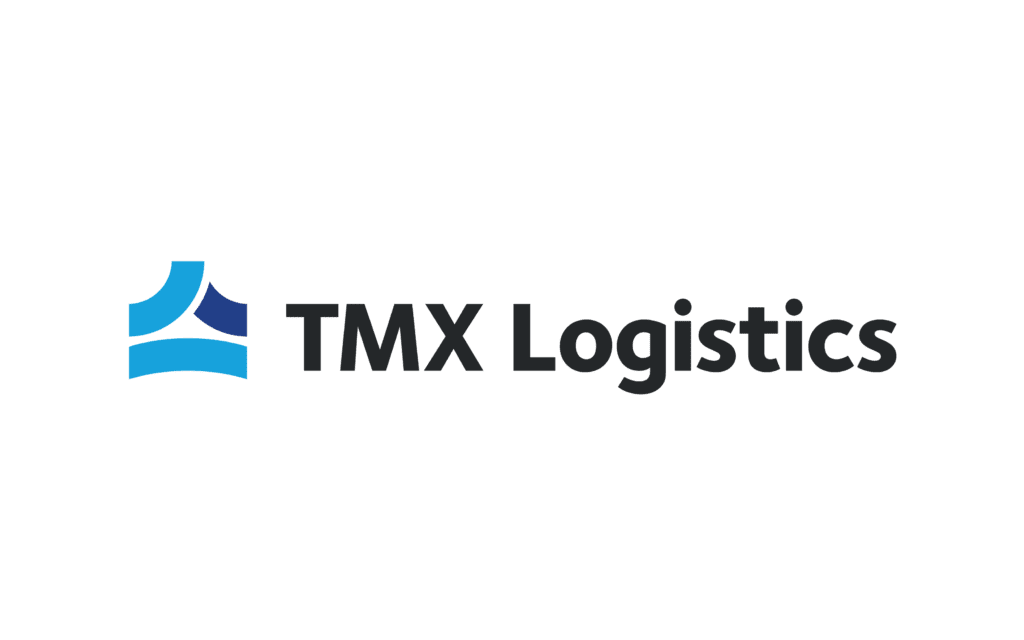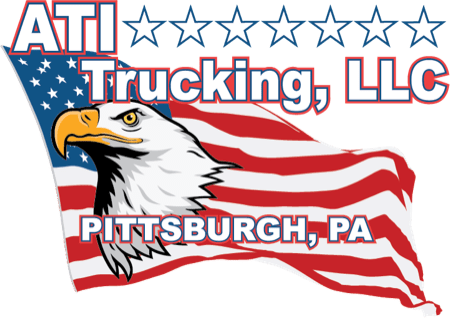Every smooth delivery begins with a person behind the scenes, working to keep it that way. Drivers handle the delivery. Shippers place the order. But the one fielding calls, solving problems, finding trucks, and calming customers is the freight agent.
The role of the freight agent
A freight brokerage agent matches shippers with capacity and manages the shipment from pickup to delivery. These freight professionals coordinate, communicate, and often mediate between customers and carriers to keep freight moving on time and on budget.
Freight broker (non-asset) agents.
These agents arrange freight moves between shippers and third-party carriers, but they don’t own or operate any trucks themselves. The freight broker’s job is to find the right capacity at the right price using a network of outside carriers—and manage the shipment from quote to delivery. They’re focused entirely on coordinating freight, not running equipment.
Asset-based agents.
These agents are affiliated with a company that owns trucks and employs drivers—or has direct access to dedicated equipment. Their priority is to keep those assets loaded and moving efficiently. When needed, they may broker out loads to outside carriers to supplement their own capacity or balance network gaps.
What unites them? Each plays a critical role in the capacity puzzle, and all are navigating a market that’s anything but predictable.
Freight professionals in a volatile market
Right now, the market is rough and rates are down. Shippers are consolidating lanes and demanding more for less. It’s not unusual to hear, “I need you to handle 50 loads instead of 25. Can you do it or not?” If the answer is no, the freight and the customer may go elsewhere.
That’s why agents need more than a contact list. They need resourcefulness, grit, and the ability to scale up without sacrificing service.
The soft skills that separate the good from the great
The best freight agents know how to communicate with shippers, carriers, and drivers, and they know how to adapt their tone depending on who’s on the other end of the line.
A few traits stand out:
- Speed and responsiveness matter. In this business, a delayed reply can mean lost freight.
- Empathy and perspective go a long way. The concerns of drivers and shippers differ, and great agents get that, and know what to say to both.
- Adaptability is essential. Tools change. Requirements shift. Technology evolves. The agent who can’t evolve won’t last.
- Problem-solving under pressure is where agents earn their keep. Finding capacity when rates spike and trucks are scarce? That’s the job.
- Balance keeps everyone moving. Shippers want reliability and low cost. Drivers want fair rates and steady work. Great agents manage both—because they know keeping the quarterback (the driver) happy is key to delivering for the team.
Many of the best agents have extensive backgrounds as drivers, dispatchers, or owners of small commercial trucklines. They’ve lived the pressure, solved issues on the road, and built trust with shippers one load at a time.
How the role has changed and what’s next
Twenty years ago, an agent could get by with a flip phone, a whiteboard, and a few strong relationships.
Today’s agents needs to:
- Use real-time tracking tools and load boards
- Provide fast, reliable updates to shippers
- Adapt to AI-driven routing and rate tools
- Navigate evolving compliance and insurance standards
The U.S. freight brokerage market now tops $20 billion annually¹. Brokers move more than 20% of all truck freight in the country²—and that number is still growing. There are over 26,000 registered brokerages in the U.S.³, but only a few provide the kind of support serious agents need.
Technology is accelerating. Shippers are running leaner. The agents who succeed tomorrow are the ones building smarter today.
From one-man operation to scalable success
Agents may start with just a few lanes, a handful of carriers, and maybe some trucks of their own. Over time, they scale, but there’s a limit to what they accomplish alone. That’s where support makes the difference.
Joe Bridge, one of Bridgeway’s regional leaders, tells us he sees this situation a lot.
“I was collaborating with an agent who has been with one of our competitors for 30 years. But the company kept cutting back—no more regional sales, limited back-office support, no true partnership anymore; he was doing everything himself. When he came to Bridgeway, he got access to a pricing team, safety support, and better back-office tools. Within weeks, his volumes—and margins—were up. That kind of turnaround happens when you stop building alone.”
We can confirm that this isn’t a rare story.
What kind of agents thrive at Bridgeway
The agents who thrive here aren’t afraid to work. They’re experienced, motivated, and strategic about growth.
They tend to share a few things in common:
- A book of business
- A strong carrier following
- Experience with specialized or high-risk freight
- A hunger to scale—with the right infrastructure
They’re the ones moving bananas for Dole and tractors for Caterpillar. The ones who aren’t afraid to get creative when the solution isn’t obvious. They’re well served by a platform that helps them grow without giving up what makes them great.
What happens when an agent joins Bridgeway
Bridgeway is a freight ecosystem, designed to give agents of all sizes a foundation to scale on.
Here’s what comes with the territory:
- A competitive percentage split
- Weekly pay to ease cash flow
- SOA-powered software (no more outdated spreadsheets)
- Full back-office support: billing, compliance, safety, insurance
- Pricing team support, especially helpful for agents who know freight, but not margin
- Liability protection: Agents operate under Bridgeway’s authority and insurance
Because we handle insurance, compliance, customer billing, safety, and even IT, we help agents reduce headcount, lower overhead, and stay focused on what they do best.
We’re not here to take over their operation. We’re here to make it stronger.
Final word: Agents are freight’s connective tissue
Freight agents are the behind-the-scenes partners that keep this industry running—and at Bridgeway, we never forget it.
We’re proud to be a place where agents can go further, backed by the kind of infrastructure that helps them do what they do best.













